Slack fight: Do we need better sounding smartphone speakers?


The Asus ROG Phone 5 picked up a silver medal for good audio quality in a recent Dx0mark test. However, Antoine still refuses to acknowledge the smartphone speaker's performance and capability until today. Things got rather heated up between Ben and him over our company's Slack chat. Do smartphone speakers need to be improved with each edition, or is it a moot point in the first place?
The schoolyard bully who blasts his mediocre rap music for the entire school to hear - at least over here in Germany, remains a well-known cliché that is very well illustrated by smartphone speakers. In private, however, I do admit that I like taking advantage of my smartphone speaker(s), especially when I am scrubbing myself down after a particularly difficult day at the office. Not only do they work as intended, but some of them also do offer a pretty compelling user experience!
But isn't there more to smartphone speakers? Should we ignore it when a manufacturer like Asus equips the ROG Phone 5 with very good speakers? Antoine would vigorously nod at that sentence, because he thinks smartphone speakers should only be used under extreme circumstances, such as in an emergency.
Can you smell it in the air as well? Smoking keyboards as sweaty fingers dance over the keys, typing out opinions faster than the speed of thought. Creaking internet cables that transfer entire kilobytes of text data across continents. That's right, we're calling for the next Slack fight and therefore invite you to join in! There's a short poll towards the end of each round, where you can exercise your right and tell us who is right.
Round 1: Smartphone speakers are too practical to be ignored
Ben: Hey Antoine, did you see how the ROG Phone 5 picked up the silver medal for audio quality on Dx0Mark? Have you tested the speakers yet?
Antoine: (Without a greeting, mind you) Like I give a f**k!
Seriously, I understand that better speakers can be a selling point to a certain extent and in the eyes of some users, but in my opinion, it really doesn't matter when it comes to smartphones.
When it boils down to listening to music on-the-go or for home entertainment purposes, most users end up with headphones and or true wireless headsets in the first place. I live in an apartment that has other tenants, so I almost never unplug my headphones from my computer when watching a movie in my room or on my smartphone. Not even when I'm playing mobile games late into the night or rocking to my favorite tunes, or simply listening to a podcast while cooking.
And I did the same thing when I lived alone in Paris! I didn't want to disturb my neighbors, hence I had my headphones or earbuds on most of the time. Is it really worth the effort by a manufacturer to invest that little bit of money in a smartphone speaker? I don't think so. The final cost will still be handed down to consumers in the end, with a little bit of profit thrown into the mix as well.
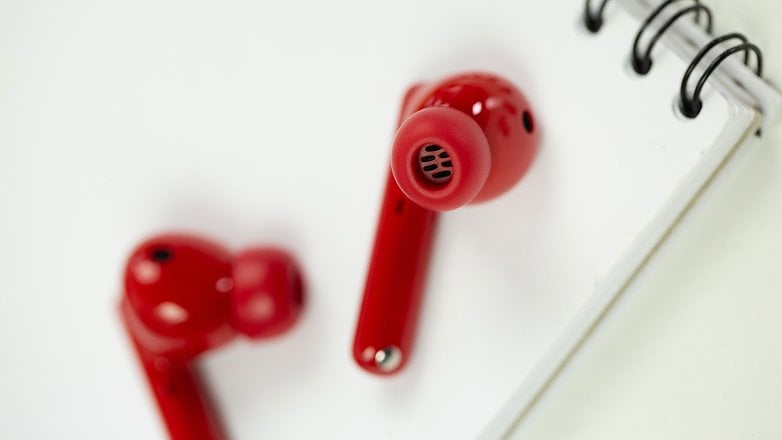
Ben: Jesus Christ, that's such a narrow point of view! :D I live alone, too, and I pay attention to my neighbors as well. But there are moments when I'm taking a shower or when I return home after work, and just want nothing more than to flop down on my bed. At that point in time, it is much easier to listen to videos or music on my smartphone without going through the hassle to plug in headphones (a huge advantage while in the shower), or to connect it to Bluetooth speakers that might require charging, all the while keeping in mind that the audio quality on newer smartphones is somewhat decent. In fact, I think they perform adequately for me to understand what's being said, and I really think there's pent-up demand for good quality smartphone speakers because of such popular use cases.
Antoine: Okay, I agree that there are some cases, many even, where you would use smartphone speakers. And I'm not saying that we should get rid of speakers completely. We're not talking about smartphone speakers in general, are we? We're talking about high quality speakers with stereo sound and Dolby HD support. In all honesty, do you really need such a quality speaker when listening to music while you are in your shower?
For me, listening to music on a smartphone speaker is as idiotic as watching a 4K movie on a 6-inch smartphone display. It's cool that you can do so, but I really don't think you need the optimal hardware to enjoy something that already physically doesn't really execute well in practice.
Ben: Phew! I really thought you'd disassemble the new smartphone and actually disconnect the speaker from the motherboard, Antoine!
But back to the topic: when I listen to videos in bed, I often wish I had better audio quality. And I get really angry when I review a smartphone that costs less than €200 and it only comes with a mono speaker that you cover up when you hold it horizontally. That's simply disappointing.
But it's even more so when you buy (or review) an expensive smartphone and the sound quality from the integrated speaker is completely crap. It just ruins the entire premium feeling. And it's good speakers that provide benefits at all times. After all, unless you are in perpetual silent mode, smartphones make noises or sounds to alert you.
Perhaps a randomly selected group of objective observers could come up with a reasonable conclusion, especially when there's one more thing I'd like to address.
Antoine: Wait, not so fast, you runt! I'd prefer manufacturers to bring back the 3.5mm audio connectors with a quad DAC that would allow you to plug in good quality headphones that audiophiles approve of and listen to FLAC audio, instead of investing tons of money in speakers that no one will end up enjoying anyway.
If quality matters, why does anyone even care about smartphone speakers?
Ben: I think you need to think a bit more like a "normal user", mate. Someone who calls themselves an audiophile would never use smartphone speakers in the first place. I totally get that.
But any 20-something year old who just wants to listen to their favorite music would love improvements in their smartphone's speaker(s). After all, that's what makes smartphones so great: a multitude of functions that is performed in a single, portable device!
Antoine: But that's exactly my point!
The argument for better smartphone speakers is only something audiophiles care about!
The average user doesn't want better speakers, they might just want them to be louder and nothing more. But audio quality is not a big issue at all for most users, at least in my opinion. It's really a completely "niche" issue.
Round 2: Bluetooth speakers and smartphones need to merge!
Ben: While they've never really been successful, I really liked the basic concept of Motorola's Moto Mods. Practical additions to your smartphone where you basically stick a Bluetooth speaker on your smartphone.
Theoretically, if smartphones had similar audio quality to Bluetooth speakers, possibly through a case add-on or some sort of accessory, would you use them more often? Perhaps when you're meeting friends in the park and just need some background music?
Antoine: It really depends on the situation. I'm talking about high-end audio here! We'll probably have to wait quite a while before the tiny real estate space in the smartphone also allows us to integrate components that are good enough to deliver reasonable performance and good speakers.
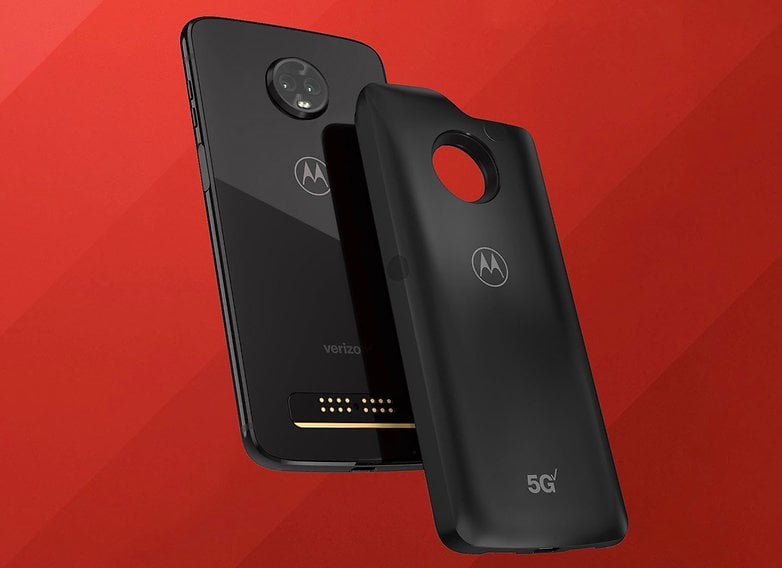
When it comes to sound, size matters! I don't see anyone who would want to run around with a clunky BoomBox-inspired smartphone just to have big enough drivers for better sound quality, lol!
But yeah, if smartphone speaker audio quality can eliminate another product from our consumer electronics ecosystem, then I am all for it!
Ben: Who knows what the future will bring? For example, Noveto's sound beaming technology might one day be tiny enough to fit in smartphones. Then you'd have similar headphone-quality audio through smartphone speakers, requiring large drivers and other kinds of sacrifices.
It could very well be one of the major future improvements in smartphones, especially when you take into consideration the streaming and podcast trends.
Round 3: Better hardware integration as a tradeoff?
Ben: A good compromise could be the bundle deals that companies such as Samsung or Oppo offer when new smartphones are introduced.
I reviewed the Galaxy Buds Pro alongside the Galaxy S21+, and the two products within the same ecosystem made it extremely easy to connect. I was able to charge them through the smartphone, and they had far better connectivity compared to other models, with Samsung even offering multi-pairing between devices. I also noticed that I used them more often instead of listening via the smartphone speakers because the overall integration was better executed.
This could be a future approach to integrating headphones with smartphones or being connected to them somehow. Xiaomi once filed a patent for this - it's basically in-ear headphones that end up in the phone in a similar manner as to how Samsung integrated the S Pen into its Note range of phablets. Not a great point for smartphone speakers, but it could be a compromise to enjoy better audio quality without all the hassle.
Antoine: Honestly, I think you're tripping yourself up right now!
A dedicated pair of headphones for a dedicated device can improve the user experience in terms of seamless connectivity and reliability, yes!
But how would that improve the sound? The true wireless earbuds themselves would have to be better, and right now that's not really a problem we face. You can already find great sounding earbuds, after all.
Integration with a specific device brand would only affect the operation (pairing, etc), not the sound.
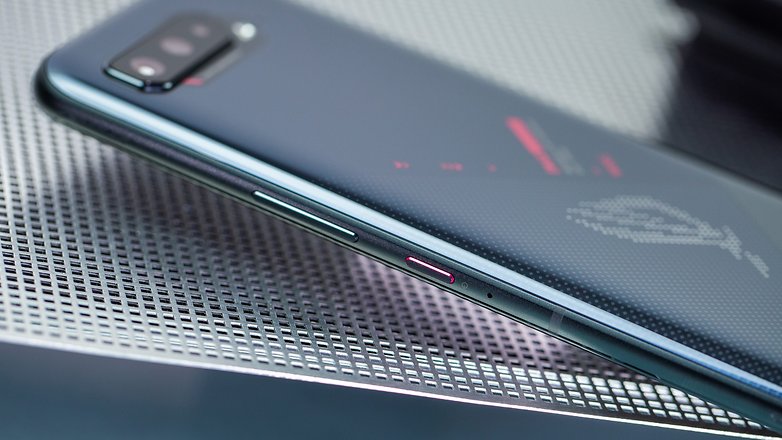
My point, however, is that it all depends on what you see a smartphone as. Do I view it as a primary device for consuming media or as a command center of an already existing ecosystem which will include more powerful devices?
Do I need better speakers on my smartphone if I use my earphones/headphones most of the time? No!
Do I need better speakers if I watch movies on my smartphone at night instead of my smart TV? Yes , possibly. But will that really enhance the overall experience when it's so limited in its own right?
For example, do I really need a 144 Hz display to play a mobile game at 30 FPS? The immersion and user experience is already severely limited due to the small viewing area. Will a hardware upgrade improve that by a significant margin? I don't think so! It is simply a case of diminishing returns.
And thus, we pulled our opponents apart before they exchanged any more mortal blows. Of course, that doesn't apply to you in the comments, and when Antoine and Ben have recovered, I'm sure they'll defend their respective viewpoints in the comments section!
We look forward to your discussion and hope you enjoyed this edition of Slack fight as well!











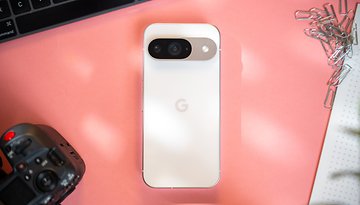


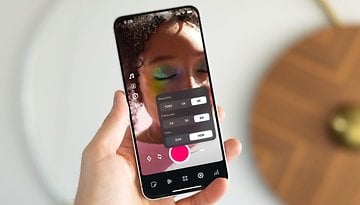
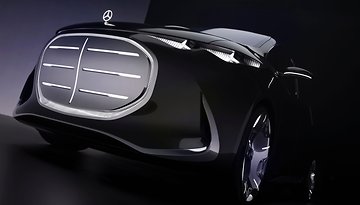
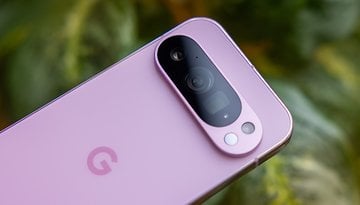



To prevent spam in our forums, new users may not post links to external sites.